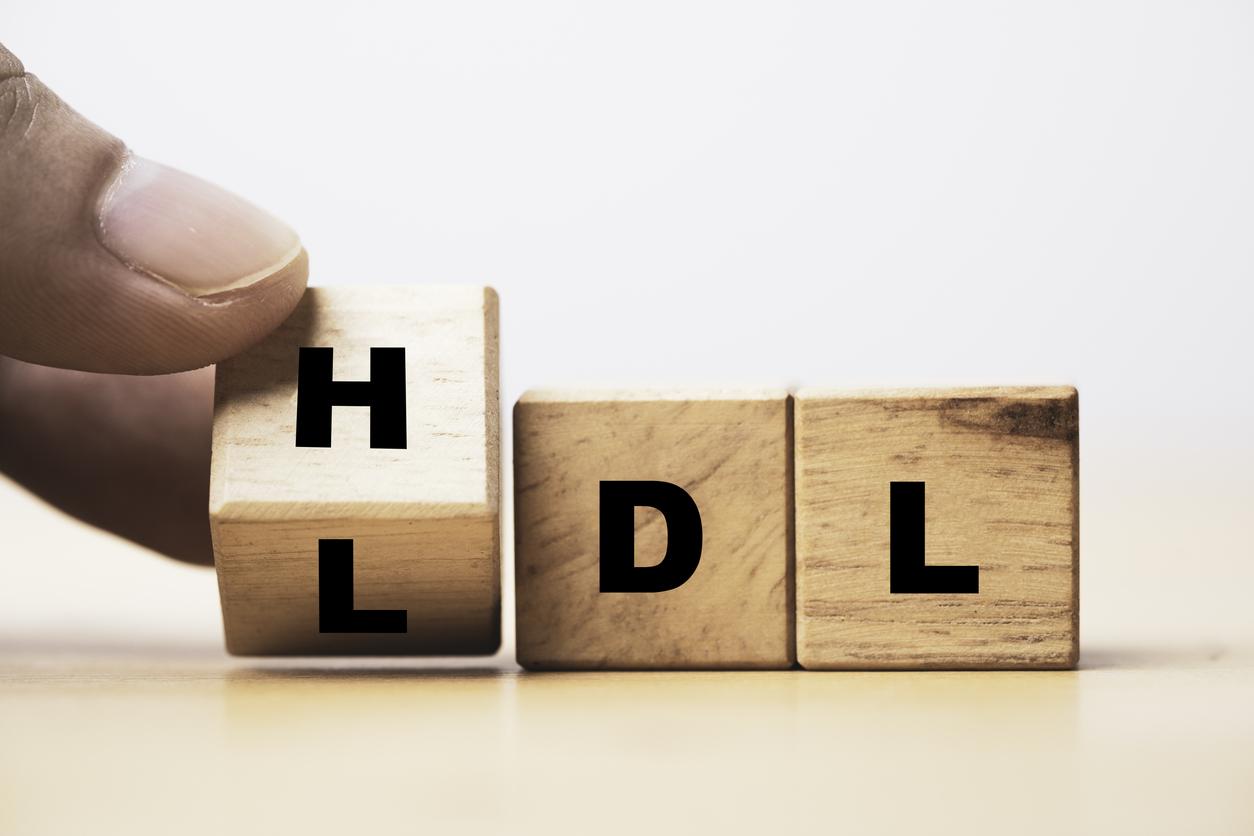Consumed by 6.1 million French people, statins (or “HMG-CoA reductase inhibitors”, in scientific jargon) are used to lower the blood level of LDL-cholesterol, the ” bad cholesterol »In particular responsible for cardiovascular disorders. According to the High Authority of Health (HAS), statins would reduce the risk of death by about 10% and that of cardiovascular accidents – infarction and stroke – from 15 to 23%.
Problem: There is a lot of controversy surrounding statins. They are accused ofincrease aggression in women, of promote a sedentary lifestyle and the food cravings, to cause muscular disorders (myopathies), hepatic and / or digestive … In short, a (long) list of undesirable side effects, sometimes dangerous
However, according to a new study published on September 9, 2016 in the medical journal The Lancet, statins would not be so bad for your health: in fact, according to researchers at the University of Oxford, the beneficial effects of statins are underestimated and the adverse effects exaggerated.
Statins, unfairly demonized?
Scientists worked on the results of 30 previous studies, involving a total of 140,000 patients. Results ? “Our work shows that the beneficial effects of statins are far greater than the negative effects observed. In addition, the undesirable side effects caused by statins are reversible: a stroke or a heart attack cannot be canceled ”explains Prof. Rory Collins, main author of this study.
More specifically, statins (prescribed for 5 years to 10,000 patients) lower LDL-cholesterol levels by around 2 mmol / L. Thus, the risk of stroke decreases by 10% in people who already have a history of heart disease, and by 5% in people with only risk factors.
Last important info: among the 28 co-authors of the study, five declared having no link of interest with the pharmaceutical industry – including in the financing, even partial, of their research.
To read: Cholesterol, 6 truths about treatments.
















